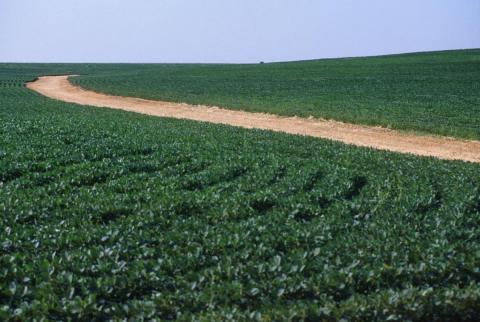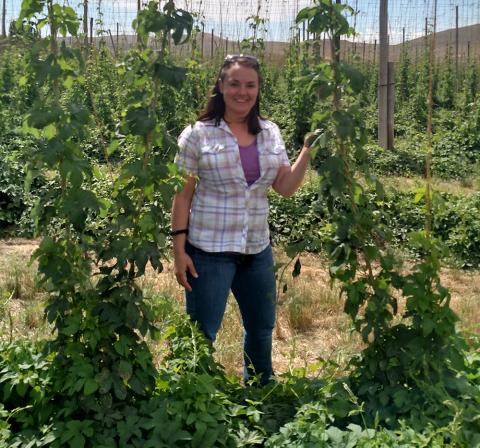Could Sub-Saharan Africa be the World's Next Breadbasket? Nebraska Study Says It's Unlikely
November 17, 2017
While there is huge potential for sub-Saharan Africa to increase agricultural productivity, the odds that the region will become the world's next breadbasket are low, according to a new study from the University of Nebraska-Lincoln. While the area receives more rain than the world's other breadbaskets, its shallower and "older" soils may not serve as good water reservoirs during periods of little rainfall.
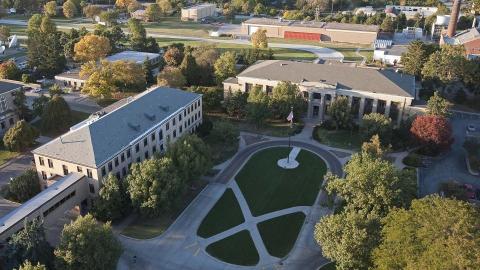
Engineering Research Focusing on Next Generation of Ag Technologies
November 2, 2017
The next generation of agricultural technologies and systems is the focus of three USDA-funded research projects in the Biological Systems Engineering Department at the University of Nebraska–Lincoln. The projects were announced Oct. 17 by the National Institute of Food and Agriculture’s (NIFA) Agriculture and Food Research Initiative (AFRI).
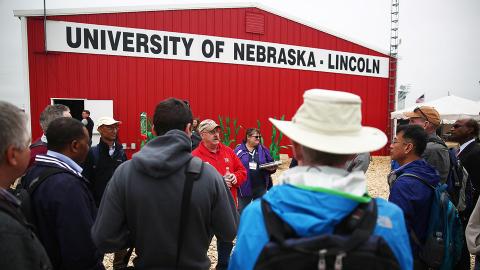
University's HHD Displays Focus on Strengthening the Farm/Ranch Bottom Line
August 31, 2017
Husker Harvest Days exhibits from the University of Nebraska-Lincoln will demonstrate how minor changes on Nebraska's farms and ranches can lead to major returns.
Why Are Yields From Some Soybean Fields Much Higher Than Others?
August 31, 2017
Researchers at the University of Nebraska worked with growers to identify causes of yield gaps in soybean production systems in the north central US.
Nebraska's Unique Doctor of Plant Health Program
August 11, 2017
The University of Nebraska-Lincoln Doctor of Plant Health is a unique professional program training leaders with multidisciplinary expertise to optimize plant health. Only one of two such programs in the world, the rigorous program educates and prepares students to apply scientific findings to maximize economic, environmental and social sustainability in food production.
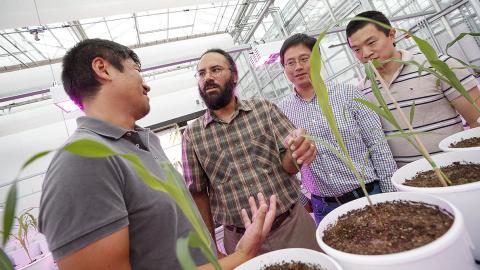
University Leads Research into Heat-Tolerant Crops
August 2, 2017
An agronomy professor at the University of Nebraska-Lincoln has been awarded a $5.78 million National Science Foundation grant to explore the effects of high nighttime temperatures on wheat and rice. The stress of high nighttime temperatures can lead to severe losses in crop yield and quality. Researchers from Arkansas State University and Kansas State University will be collaborating on the project.

